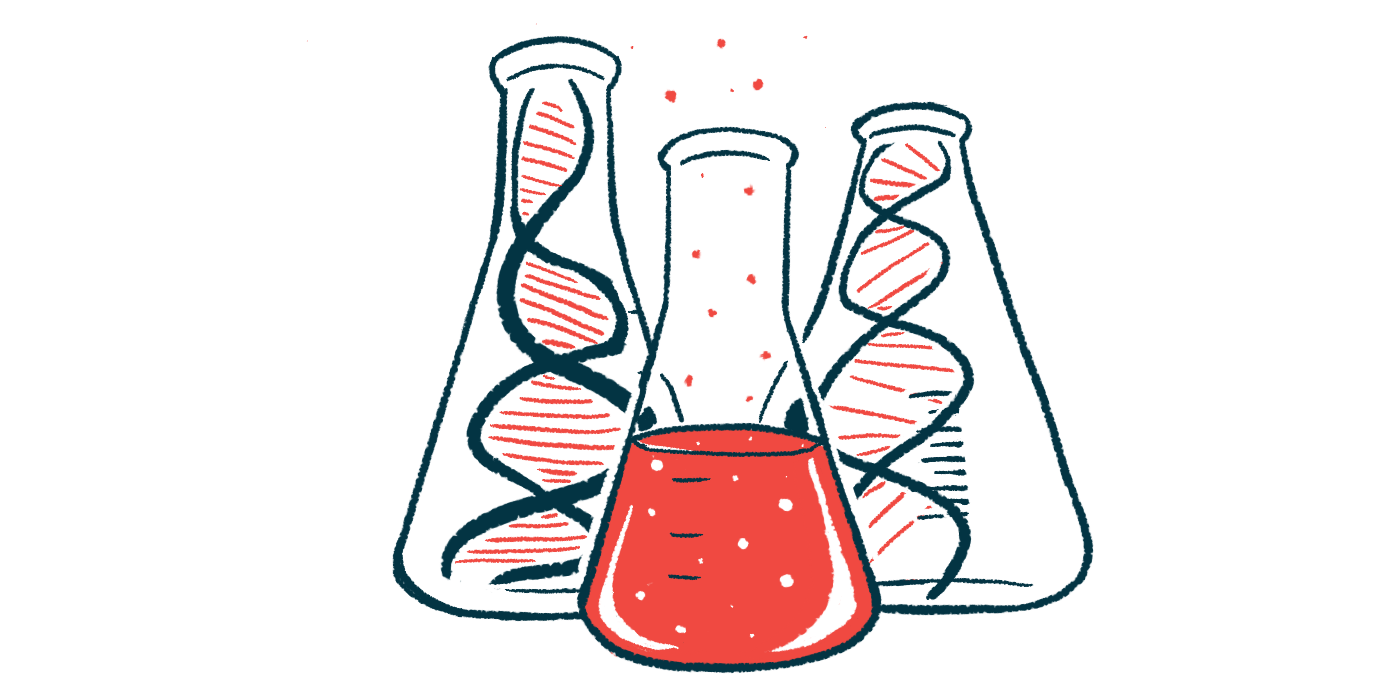Some myeloma cells may mutate to resist T-cell therapies: Study
Study uncovers how cancer cells can escape initially effective immunotherapy

Some multiple myeloma cells acquire mutations that allow them to act in disguise and to escape the effects of T-cell therapies, according to a study that calls for the screening of patients for these mutations for better disease management.
“Recognizing these mutations and gaining a clearer understanding of the resistance mechanisms to these potent immunotherapies is pivotal,” Francesco Maura, MD, a co-senior author of the study, from the Sylvester Comprehensive Cancer Center at the University of Miami Miller School of Medicine, said in a press release.
“This knowledge plays a crucial role in devising tailored strategies and making informed choices regarding the selection of products and targets for individual patients,” he added.
The study, “Mechanisms of antigen escape from BCMA- or GPRC5D-targeted immunotherapies in multiple myeloma,” was conducted by an international team of researchers and published in Nature Medicine.
Multiple myeloma is a cancer that forms from plasma cells, a type of white blood cell responsible for producing the antibodies that help the body fight off harmful substances.
In multiple myeloma, these plasma cells become cancerous, begin to multiply, and crowd out healthy blood cells in the bone marrow, causing damage to the bones, kidneys, and other organs.
There are many ways to treat multiple myeloma. But while a medication may work well at first, it could stop working over time.
This can happen because not all cancer cells are alike or respond the same way to a medication, or because they become resistant to the medication and begin to multiply again. When this happens, it is called a relapse, and symptoms may return.
T-cell therapies have shown promise for relapsed multiple myeloma
Chimeric antigen receptor T-cells, or CAR T-cells, and bispecific T-cell engagers (TCEs) are two types of T-cell therapies, or immunotherapies, that have shown promise for relapsed multiple myeloma.
CAR T-cells involve adding a lab-made antigen receptor to a patient’s T-cells, enabling them to home in on and attack cancer cells specifically. Antigens are proteins displayed, or expressed, on the surface of cancer cells.
Bispecific TCEs are dual-target antibodies that work by attaching to both T-cells and cancer cells. This brings these cells into close contact to stop cancer cells from multiplying.
Both strategies have used the B-cell maturation antigen (BCMA) or the G-protein coupled receptor family C group 5 member D (GPRC5D) as targets, among others.
Although it appears to be rare, T-cell therapies can push cancer cells with low or no expression of BCMA or GPRC5D to outgrow, rendering T-cell therapies ineffective.
Now, “we identified distinct and novel genomic events responsible for resistance to anti-BCMA and anti-GPRC5D immunotherapies,” said C. Ola Landgren, MD, PhD, a study author also from the Sylvester Comprehensive Cancer Center.
Recognizing these mutations and gaining a clearer understanding of the resistance mechanisms to these potent immunotherapies is pivotal.
Study included 30 patients with hard-to-treat myeloma
The study included 30 patients with triple-class refractory multiple myeloma, meaning the disease did not previously respond to immunomodulatory medications, proteasome inhibitors, or anti-CD38 antibodies.
Eight (33%) of the 24 patients treated with anti-BCMA medications had ongoing responses to their medications, whereas 16 (66%) had relapsed.
Five were on Abecma (idecabtagene vicleucel) in the KarMMa-3 trial (NCT03651128), and 16 were treated with the dual-target antibody teclistamab in MajesTEC-1 (NCT03145181) or Elrexfio (elranatamab) in MagnetisMM-1 (NCT03269136) or MagnetisMM-5 (NCT05020236). Three were treated with both.
Of the 16 patients who relapsed, two were found to have cancer cells carrying a deletion of both copies of TNFRSF17, the gene that provides instructions for producing BCMA. As a result, the cancer cells had no expression of BCMA.
In another five cases of relapse, all on dual-target antibodies, cancer cells carried mutations in the extracellular part of BCMA. The BCMA protein sits across a cell’s bordering membrane, and the part that remains on the outside of the cell is called extracellular.
These mutations, which were nontruncating, meaning they resulted in the production of a full-length protein, prevented the dual-target antibodies from binding to BCMA, even if the protein was present on the surface of cancer cells.
“Anti-BCMA therapy resistance resulting from nontruncating mutations in the BCMA extracellular domain has not, to our knowledge, been previously reported,” the researchers wrote.
Mutations found to impede binding of therapeutic T-cells
“One important aspect of our findings is that mutations in the extracellular domain of BCMA have a distinct impact: They impede the binding of the therapeutic T cells without exerting any influence on the protein’s expression or downstream signaling pathways,” Landgren said.
“This finding revealed that the proportion of patients with myeloma who experience relapse due to antigen escape is considerably more extensive than initially anticipated,” Landgren added.
The study also included six patients treated with the anti-GPRC5D dual-target antibody talquetamab in a Phase 1 clinical study (NCT04108195) and three patients treated with both anti-BCMA and anti-GPRC5D T-cell therapies.
In four of these patients, the disease relapsed. All were found to carry a deletion of both copies of GPRC5D, the gene that codes for the protein of the same name, which resulted in no expression of GPRC5D.
“Immunoselection of BCMA- or GPRC5D-negative or mutant clones [groups of identical cancer cells] is an important tumor-intrinsic driver of relapse post-targeted therapies,” the researchers concluded, highlighting the relevance of screening for mutations.








